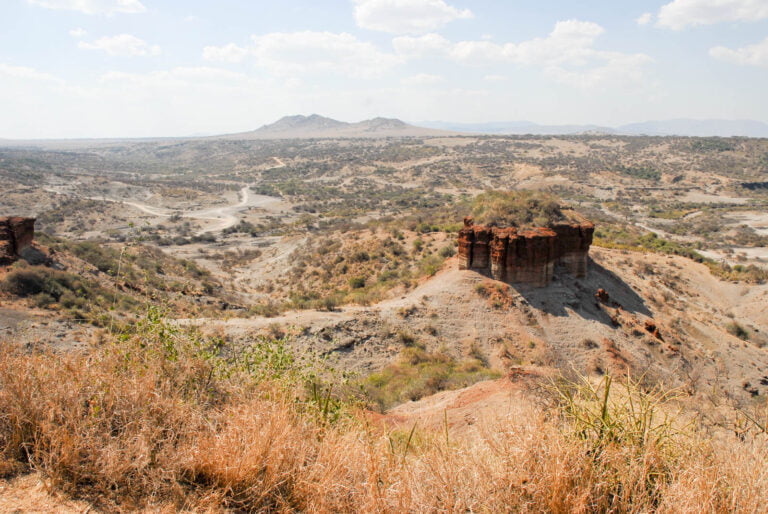Are you planning a safari in Tanzania and Kenya? Make your journey even more meaningful by incorporating sustainable and responsible travel practices into your adventure. Here are some tips to help you minimize your impact on the environment and contribute to the conservation of these incredible destinations.
1. Choose eco-friendly accommodations: Opt for lodges and camps that prioritize sustainability. Look for properties that use renewable energy, practice water conservation, and have waste management systems in place. By staying at eco-friendly accommodations, you’ll support initiatives that minimize the carbon footprint and promote responsible tourism.
2. Respect wildlife and their habitats: Keep a safe distance from animals and never feed or disturb them. Follow the guidance of your experienced guides and respect wildlife zones and protected areas. Avoid purchasing products made from endangered species or engaging in activities that exploit animals for entertainment.
3. Reduce single-use plastics: Pack reusable water bottles and refill them whenever possible. Say no to plastic straws and bags, and bring your own eco-friendly toiletries. By reducing single-use plastics, you’ll help reduce waste and minimize the negative impact on the environment.
4. Support local communities: Engage in community-based tourism activities that offer insights into the local culture and traditions. Purchase handicrafts and products directly from local artisans and businesses to support their livelihoods. Choose tour operators that have partnerships with local communities, ensuring that tourism benefits the people who call these areas home.
5. Offset your carbon emissions: Consider offsetting your carbon emissions from travel by investing in reputable carbon offset programs. These programs support projects that aim to reduce greenhouse gas emissions or promote sustainable initiatives. Calculate your carbon footprint and contribute to projects that align with your values.




